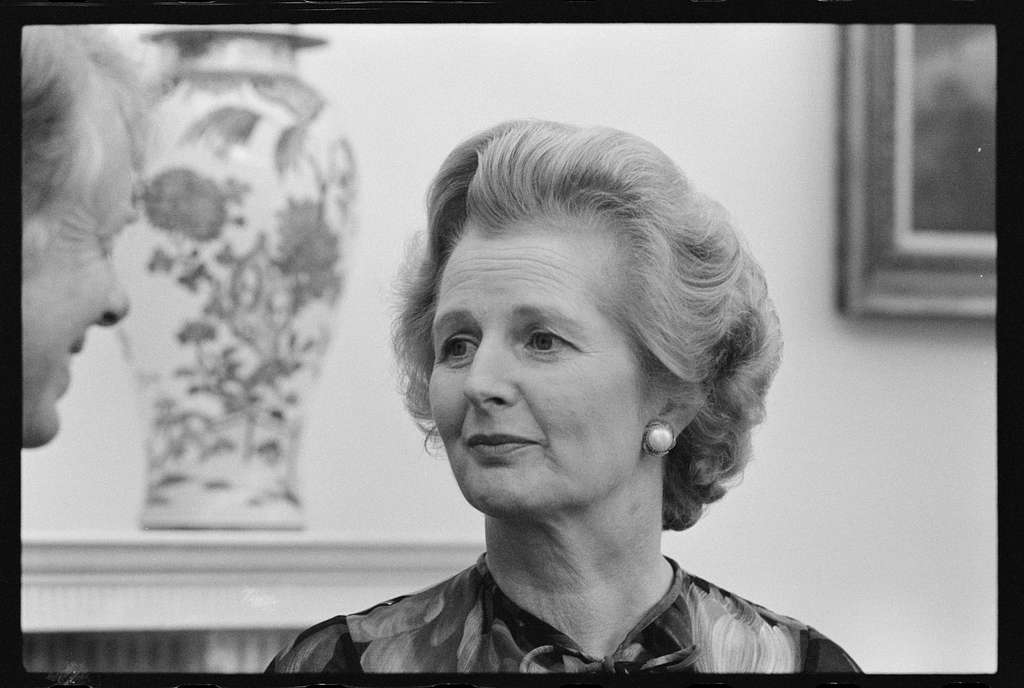
One of my favorite books is The Power of Ethical Management, written by Ken Blanchard and Norman Vincent Peale. In their book, Blanchard and Peale discuss the five principles of ethical decision-making which they call the “Five P’s of Ethical Power.”...
Purpose—Your purpose is the road you choose to travel, the meaning and direction of your life. It’s the driving force of why you do what you do. For some it may be rooted in their spiritual faith. Others may find their purpose is something they feel called to do, such as serving those in need, raising responsible children, or leaving the world a better place than they found it. Aligning the activities of your life according to your purpose gives you a clear sense of direction, so when you’re faced with challenging circumstances or difficult decisions, you’re able to filter those occasions through the lens of your purpose and make choices that keep you on track.
Pride—Unlike false pride, which stems from a distorted sense of self-importance that causes people to believe and act like they are better than others, a healthy sense of pride springs from a positive self-image and confidence in one’s abilities. A proper sense of pride mixed with a good dose of humility is the balance you’re seeking. Being driven by false pride causes you to seek the approval and acceptance of others which can overly influence you to take the easy way out when faced with a tough situation.
Patience—Patience is in short supply in our culture. We live in a hyper-connected, instantaneous world where virtually anything we want is just a click away. Blanchard and Peale describe patience as having a faith and belief that things will work out well, as long as we stick to our values and principles. Giving in to instant gratification is one of the biggest temptations we face and it causes us to make decisions that aren’t in alignment with our purpose and values. Enduring the struggles and challenges life throws our way helps develop the strength of our character. Much like prematurely opening a caterpillar cocoon leads to a weakened and under-developed butterfly, choosing the path of expediency leaves us with an under-developed character and weakens our ethical power.
Persistence—This component of ethical power is about staying the course and remaining true to your purpose and values. Persistence is about commitment, not interest. When you have interest in something, you do it when it’s convenient. When you’re committed, you do it no matter what! One of my favorite “Yoda-isms” from the Star Wars movies is “Do or do not. There is no try.” When it comes to making ethical decisions, there is never a right time to do the wrong thing. Persistence keeps us on the straight and narrow path.
Perspective—All the other elements of ethical power emanate from the core of perspective. Perspective is about having the big picture view of situations and understanding what’s truly important. Too often we make snap decisions in the heat of the moment and neglect to step back and examine the situation from a bigger perspective. Maintaining the proper perspective is also about paying attention to our inner-self and not just our task-oriented outer-self. Taking the time to enter each day with prayer, meditation, exercise, or solitude helps foster self-reflection which is needed to help us maintain the right perspective about life.



